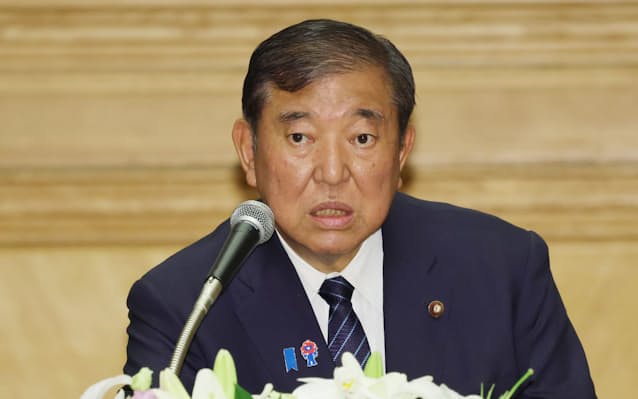Following the controversy stirred by the recent elections for the Upper House in Japan, the Prime Minister has taken it upon himself to evaluate the responsibility he bears for the outcomes. There is much speculation regarding the PM's next steps and the treatment of the perceived accountability. The nation is awaiting his decision with bated breath, hoping for a balance between political stability and progress.
In Japan, the concern over political responsibilities is deeply embedded in society. The politicians are pressed to acknowledge their accountability, and the call for responsibility following significant election events is traditional. This comes from a deeply rooted culture which respects accountability, obligation and societal position. The Prime Minister considering his responsibility is seen as demonstrating an awareness of his duties, enhancing his public image.
In the US or EU, the concept of political responsibility is somewhat different. While it exists, it is not always publicly addressed by the politicians themselves and not necessarily after every election. It's more often discussed in academic and media circles, with a body of literature on the subject rather than tangible actions or statements from politicians.

